In recent years, the allure of online degrees has grown significantly, promising flexible learning schedules and the chance to pursue higher education from anywhere in the world. However, not all online degrees carry the same weight, particularly when it comes to accreditation. This issue is particularly pertinent in Australia, where the market for online education is burgeoning. The lack of proper accreditation can lead to dire consequences for both students and employers, highlighting the importance of understanding why some online degrees lack real accreditation.
Understanding Accreditation in Australia
Accreditation is a formal recognition that an educational institution meets certain standards of quality and integrity. In Australia, accrediting bodies ensure that institutions provide education that meets national and international standards. The Tertiary Education Quality and Standards Agency (TEQSA) is the primary regulator of higher education in Australia, tasked with ensuring that all higher education providers meet the required standards.
However, some online degrees offered by both domestic and international providers do not have TEQSA accreditation. Without this, the qualifications may not be recognized by employers or other educational institutions in Australia, leading to potential career setbacks for graduates.
Case Study: The Rise of Unaccredited Online Degrees
Consider the case of an Australian student, Jane, who enrolled in an online MBA program from a foreign institution. Despite the program's promises of global recognition, Jane found that her degree was not accredited by TEQSA, leading to difficulties in securing employment. According to the Australian Bureau of Statistics, approximately 25% of graduates with unaccredited degrees face challenges in the job market, underscoring the vital role of accreditation.
Why Some Online Degrees Lack Accreditation
Several factors contribute to the lack of accreditation for some online degrees:
- Cost and Resource Constraints: Obtaining accreditation can be costly and resource-intensive, which some institutions may choose to avoid.
- Lack of Regulatory Oversight: International institutions may not be subject to Australian regulatory standards, leading to discrepancies in educational quality.
- Market Demand: The rush to capitalize on the growing demand for online education can lead to institutions prioritizing profits over accreditation.
The Impact on Australia's Economy and Industries
Australia's economy and various industries rely heavily on a skilled and educated workforce. However, the proliferation of unaccredited degrees can dilute the quality of the talent pool. According to a report by the Australian Treasury, sectors like healthcare and technology, which are pivotal to Australia's economic growth, are particularly vulnerable to this issue. Unaccredited degrees can result in a mismatch of skills, affecting productivity and innovation.
Pros and Cons of Online Education
Pros:
- Flexibility: Online education provides the flexibility that traditional classroom settings cannot match, allowing students to learn at their own pace.
- Accessibility: It opens doors for individuals in remote areas or those with other commitments, making education more inclusive.
- Cost-Effective: Online courses often cost less than traditional degrees, making higher education more accessible financially.
Cons:
- Accreditation Issues: As discussed, not all online degrees are accredited, affecting their recognition and value.
- Lack of Networking Opportunities: Traditional education often provides valuable networking opportunities that are harder to replicate online.
- Varied Quality: The quality of online courses can vary significantly, making it crucial to research the institution thoroughly.
Myths About Online Degree Accreditation
- Myth: All online degrees are accredited by default. Reality: Accreditation is a rigorous process, and many online programs do not go through it.
- Myth: Accreditation is not important if the degree is from a well-known institution. Reality: Even well-known institutions can offer non-accredited programs, especially in international settings.
- Myth: Employers do not care about accreditation. Reality: Many employers in Australia prioritize accredited degrees during the hiring process.
Future Trends in Online Education
The demand for online education in Australia is expected to rise, driven by technological advancements and changing workforce needs. According to a study by Deloitte, by 2027, online education enrollment is projected to increase by 35%. However, this growth will likely come with increased scrutiny over accreditation standards, as regulatory bodies like TEQSA strive to uphold the quality of education.
Conclusion
The importance of accreditation for online degrees cannot be overstated, especially in a market like Australia where the value of education is closely tied to economic and industry growth. Students and employers alike must be vigilant and informed about the accreditation status of online programs to ensure that educational investments yield tangible benefits. As the landscape of online education continues to evolve, staying informed and proactive will be key to navigating this complex environment effectively.
People Also Ask
- How does online degree accreditation impact Australian students? Accreditation ensures that degrees meet national standards, which is crucial for employment and further education opportunities in Australia.
- What are the biggest misconceptions about online degrees? One common myth is that all online degrees are accredited. However, many programs lack proper accreditation, affecting their recognition.
- What should students consider when choosing an online degree? Students should verify the accreditation status, research the institution’s reputation, and consider the industry’s recognition of the degree.
Related Search Queries
- Accreditation of online degrees in Australia
- Top accredited online universities in Australia
- Impact of unaccredited degrees on employment
- How to verify online degree accreditation
- TEQSA and online education standards
- Future of online education in Australia
- Advantages of online learning in Australia
- Challenges of online degree accreditation
- Online vs. traditional education in Australia
- Economic impact of online education in Australia




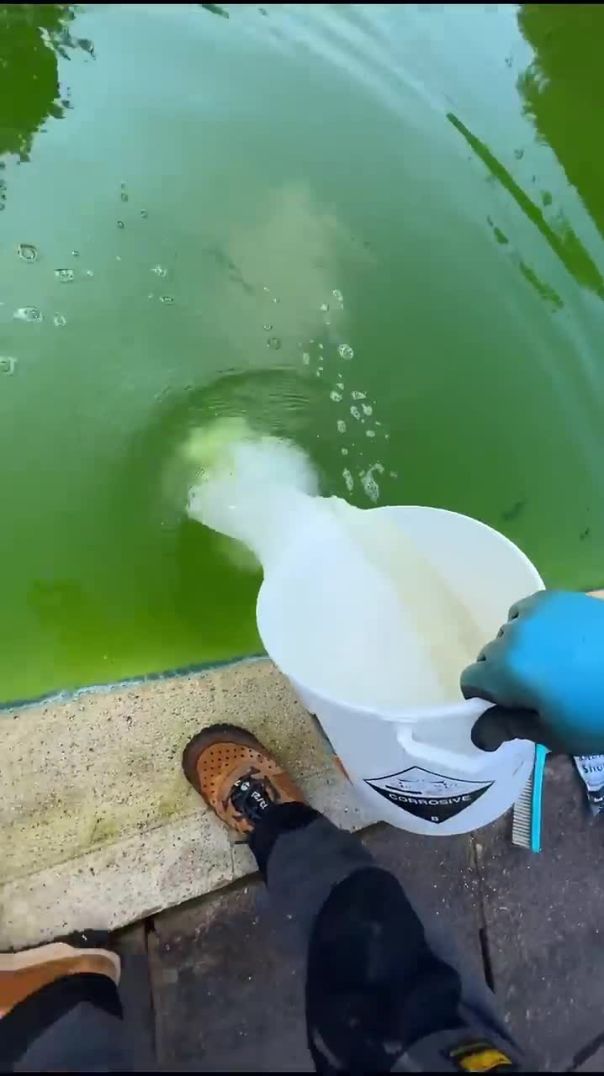





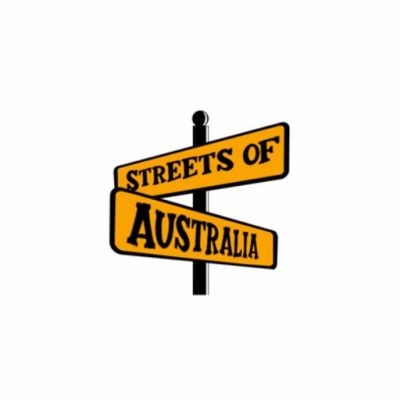



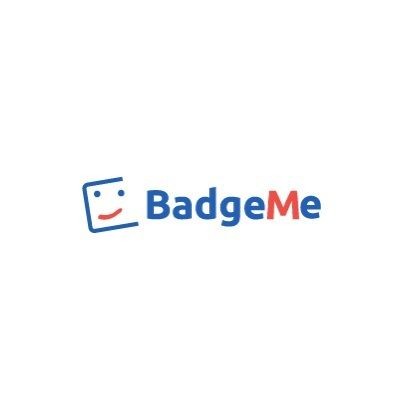





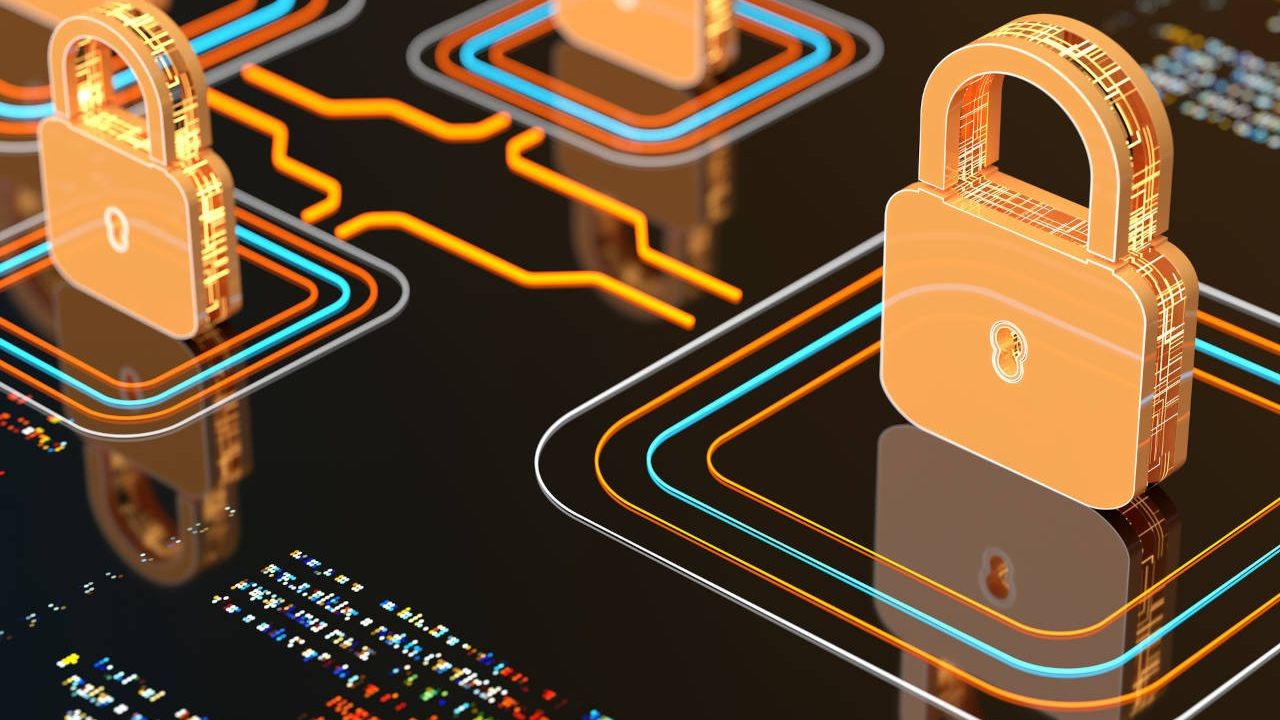


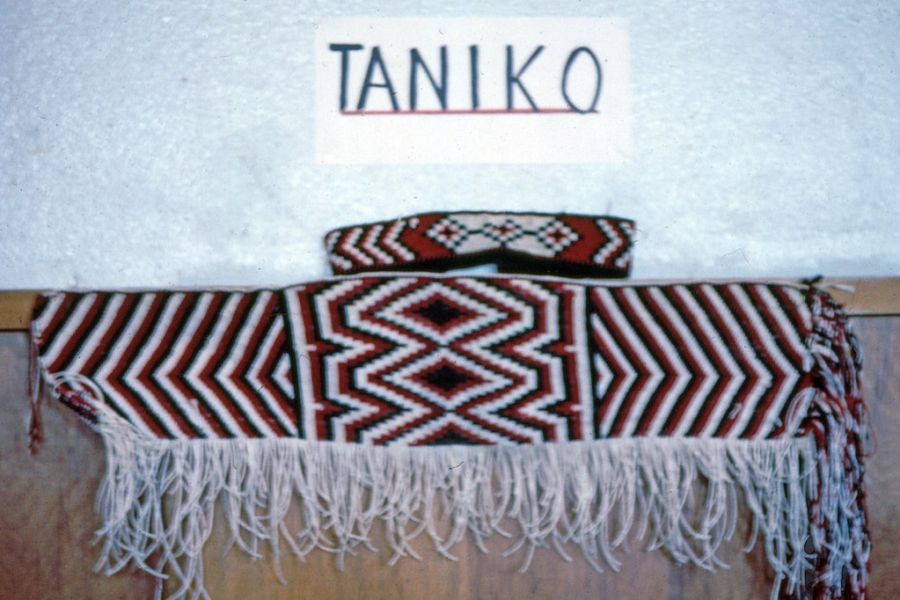

















Messie Experte
2 months ago